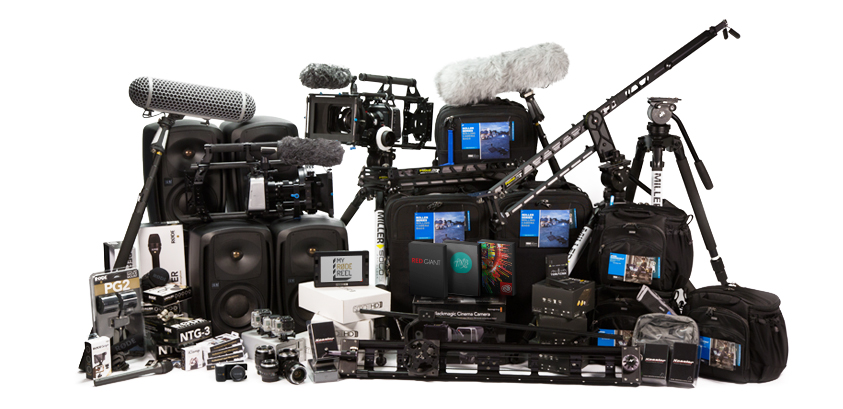David L Page
View posts by David L PageWith over 20 years experience in the arts & post-compulsory education, David has lived, studied and worked Internationally including Japan, India, Fiji, the US and NZ.
David has extensive interests as per the extensive blogs hosted on his site (see below).
Additionally, David has published in both lay texts and academic (peer-review) publications.




